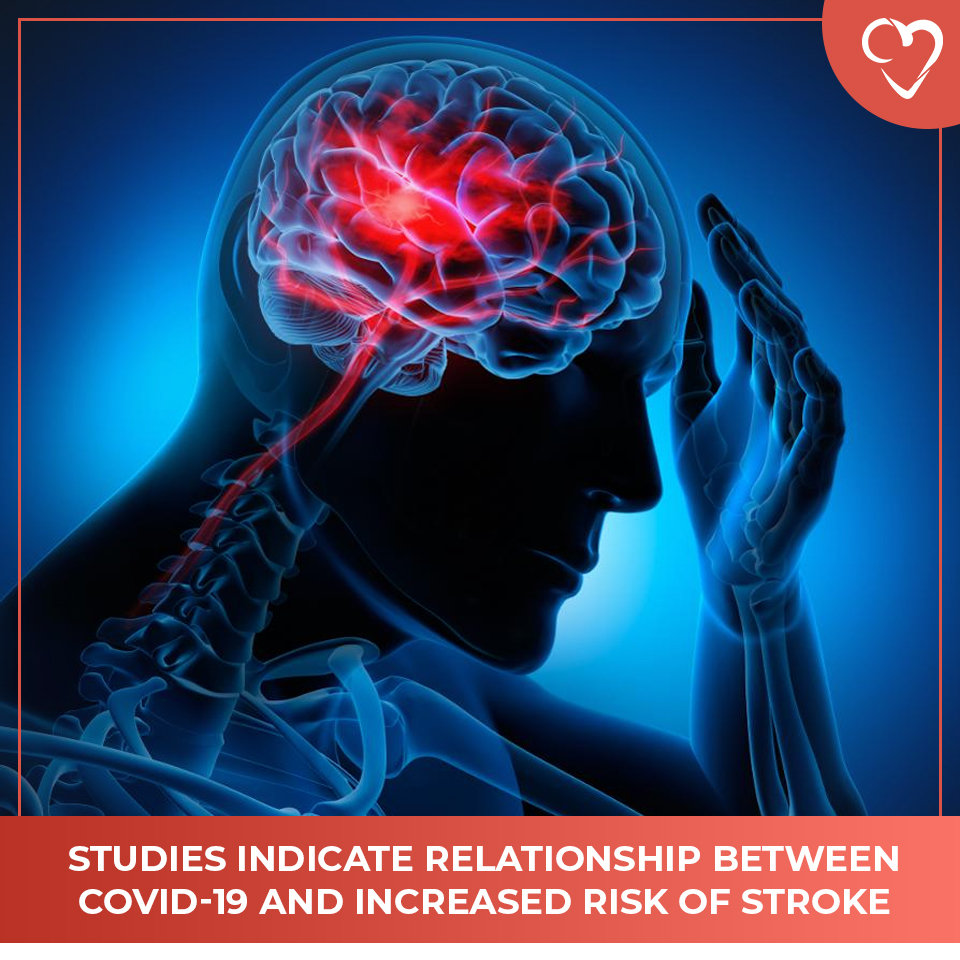
Various studies from China, France, and New York have emerged throughout the Coronavirus (COVID-19) pandemic regarding the relationship between the disease and an increased risk for stroke. Although many of the studies lack appropriate control groups or are in their initial phase, there are some common trends that healthcare professionals should take into consideration while caring for this patient population. Additionally, these theories and observations should prompt further research with adequate and organized study designs. Please note some of the preliminary findings on this topic below:
- This study published by The Journal of the American Medical Association (JAMA) investigates the risk of acute ischemic stroke when comparing patients with COVID-19 and patients with influenza (which has previously been associated with stroke). This cohort study, conducted in two New York teaching hospitals, finds that “1,916 patients with emergency department visits or hospitalizations with COVID-19 had an elevated risk of ischemic stroke compared with 1,486 patients with emergency department visits or hospitalizations with influenza.” Patients with COVID-19 were also more likely to be admitted to the ICU, receive mechanical ventilation, had higher D-dimer and erythrocyte sedimentation rates, and experienced higher levels of mortality.
- The International Journal of Stroke has further commented on this topic by stating “despite the fall in stroke admissions, it has been suggested that COVID-19 infection itself may cause stroke. In a study of 214 COVID-19 cases from Wuhan, China, where the pandemic was first identified, 36.4% had neurological symptoms, and these were more frequent in patients with severe disease.” Although the mechanism of increased stroke risk is not clearly identified, elevated D-Dimer levels, systemic inflammation, and cardio embolism from virus-related cardiac injury are under investigation.
- This small, yet relevant, study conducted in the United Kingdom provides surveillance of acute complications of COVID-19 in the nervous system. This came about after concerns regarding potential neurological complications/threats of COVID-19 and a lack of tracking/reporting these events. While there is no experimental study taking place here, authors state that “comprehensive characterization of clinical syndromes is crucial to allow rational selection and evaluation of potential therapies.”
As more evidence surfaces regarding COIVD-19 and stroke risk, CardioVisual wants to hear what clinicians think. How can we manage these patients safely? What are some obstacles you are facing? Discuss in our secure, moderated, clinician-only forum: https://app.cardiovisual.com/QnACovid19